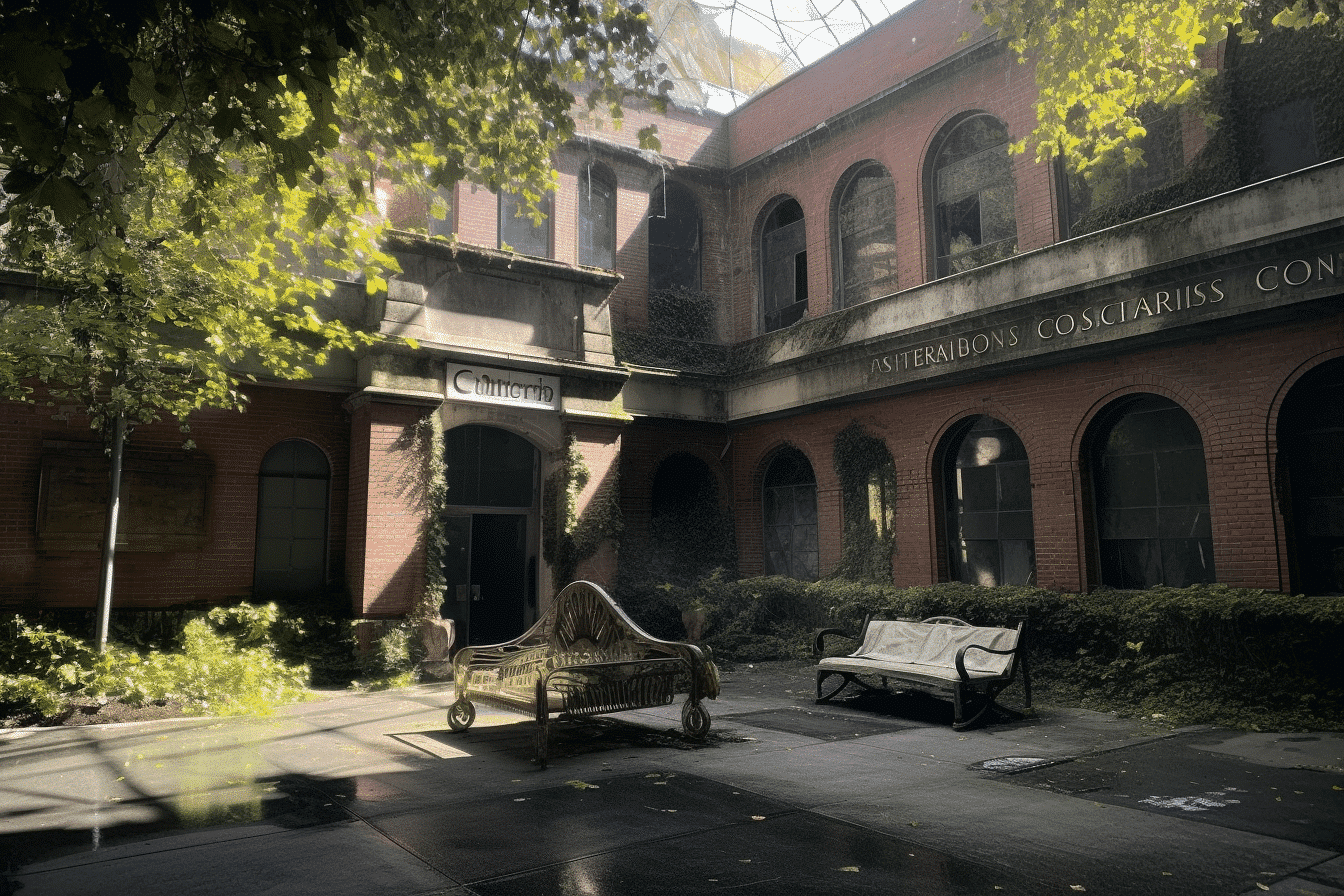California authorities are delving into the possibility that Florida’s Governor Ron DeSantis orchestrated a secretive operation that transported asylum-seekers from the Texas border to California’s capital, Sacramento. This comes amid frantic efforts by faith groups to secure accommodation and sustenance for these individuals.
On Monday, according to California Attorney General Rob Bonta, a private jet transported about 20 individuals aged between 21 and 30 to Sacramento. This was the second occurrence within four days.
A press conference had been arranged by Sacramento Mayor Darrell Steinberg and religious organizations who have been aiding the migrants.
Simultaneously, California Governor Gavin Newsom assailed DeSantis on Twitter, branding him a “small, pathetic man” and suggesting potential kidnapping charges.
DeSantis and other Florida authorities have kept silent, just as they did last year when they reportedly transported 49 Venezuelan migrants to Martha’s Vineyard, Massachusetts. Despite numerous requests, the administration has not provided information about these flights.
Known as a staunch critic of the federal immigration policy under President Joe Biden, DeSantis, who seeks the Republican presidential nomination, has consistently highlighted Florida’s role in past migrant transports to Democratic-led states. He has positioned the migrant relocation initiative as a pivotal political objective, allotting millions of dollars to the project through state legislation and engaging various contractors for the flights.
Vertol Systems Co., the same company allegedly paid by Florida for the Martha’s Vineyard migrant transports, seems to have operated the flights to Sacramento, according to Bonta. The migrants reportedly carried an official document from Florida mentioning the company, which has yet to respond to an email requesting comment.
Over 36 migrants from Colombia and Venezuela arrived in Sacramento via the flights. As per authorities, their anticipated destination had not been California, catching shelters and aid workers off guard.
Last Friday’s group was dropped off at the headquarters of the Roman Catholic Church diocese in Sacramento. None of them had planned to arrive in California, says Eddie Carmona, the campaign director at PICO California, a faith-based group aiding these migrants.
The rare chartered flights used by DeSantis represent an escalation in tactics, with both groups having never passed through Florida. They were approached in El Paso, Texas, given paperwork linked to Florida, then transported to New Mexico and eventually flown to Sacramento, California, as per state officials and advocates.
Bonta, who had met some of the Friday arrivals, recounted their narrative of being promised jobs by two women with imperfect Spanish. These women accompanied them by land to Deming, New Mexico, where two men took over for the flight to Sacramento.
During a Monday interview, Bonta said he witnessed such “cruelty, inhumanity, and moral bankruptcy” from Governor Ron DeSantis and other leaders infuriating him. Some migrants shared their experiences of sticking together for safety during their long journey to the US.
As the migrants landed in California on Monday, a Texas sheriff’s office was considering potential criminal charges over the Martha’s Vineyard flights.
The office of Democratic Governor Michelle Lujan Grisham of New Mexico did not elaborate on why the migrants were taken from Texas to New Mexico before being flown to California.
Last year, DeSantis pushed Republican lawmakers in Florida to establish a migrant relocation program in his office. This allowed for the transportation of migrants from anywhere in the country, seemingly a strategy to circumvent legal questions concerning the Texas-originated flight.
The purported involvement of Florida in the arrival of the two groups in Sacramento is set to stoke further the political rivalry between DeSantis and Newsom, who hold divergent views on immigration and abortion.
Reporting by Rodriguez from San Francisco. Contributions from Associated Press writers Anthony Izaguirre in Tallahassee, Fla., Paul J. Weber in Austin, Texas, Susan Montoya Bryan in Albuquerque, New Mexico, and Elliot Spagat in San Diego.
The intricacies of this ongoing saga underline the high stakes and heightened political tension in our current immigration debates. As states attempt to navigate these challenging dynamics, the human cost cannot be ignored. The asylum seekers at the heart of this controversy have become unwitting pawns in a political game, their lives altered and disrupted. Amid the bluster and brinkmanship, it’s essential to remember the real people caught in the crossfire, awaiting a chance for a safer and more stable life.




